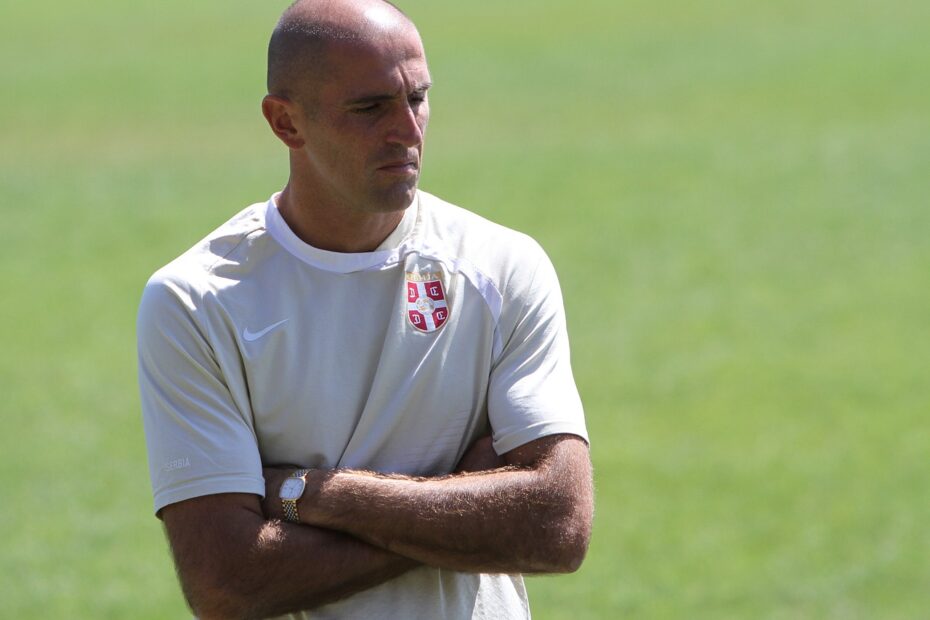The role of a football coach in a team is fundamental to the team’s success. The coach is responsible for strategies, training, player development and, ultimately, results on the field. Choosing the right coach for your football team is a crucial decision, which can have a lasting impact on players’ performance and development. In this article, we will discuss how to evaluate and choose a good football coach for your team.
Table of Contents
1. Experience and Qualifications
One of the first things to consider when choosing a football coach is their experience and qualifications. Check the coach’s background, including years of experience, certifications, and any history of success on previous teams. A technician with solid experience and adequate training is more likely to bring valuable knowledge to your team.
2. Playing Style and Philosophy
Each coach has a unique playing style and philosophy. It’s important to align the coach’s playing style with the vision you have for your team. Some coaches prefer a more offensive game, while others focus on solid defense. Discuss the coach’s philosophy and see if it fits with your team’s goals and values.
3. Player Development Skill
One of the most important roles of a football coach is player development. Evaluate how the coach plans to develop the players’ individual and collective skills. This includes creating training programs, identifying strengths and weaknesses, and being able to improve performance over time.
4. Communication and Interpersonal Skills
Effective communication is key on any sports team. A good coach must be able to communicate clearly with players, support staff and parents when applicable. They must also have solid interpersonal skills to handle conflict situations and motivate players.
5. Focus on Moral and Ethical Development
In addition to technical development, a football coach must give importance to the moral and ethical development of players. This includes promoting respect, fair play and positive values on and off the field. Make sure the coach values these aspects of the sport.
6. Previous Results
Examine the results achieved by the coach on previous teams. This can provide insights into your ability to succeed in competitions and your player development track record. However, remember that results are not the only indicator of a coach’s quality.
7. Observations and Interviews
Before making a final decision, make observations or interview the potential coach. This allows you to better understand his personality, training methods and playing philosophy. Ask questions about how they approach player development, their tactical strategy and how they deal with challenges during the season.
8. Evaluating Feedback from Players and Parents
Don’t underestimate the power of feedback from players and parents who have worked with the coach in question. Ask them about their experiences, what they liked and didn’t like about coaching, and how the coach impacted the players’ development.
9. Alignment with Team Objectives
Make sure the coach is aligned with your team’s long-term goals. This includes short- and long-term goals such as player development, competition performance and team values. A coach who shares the team’s vision is more likely to contribute to its success.
10. Budget and Resources
Consider the budget and resources available for hiring a technician. Some technicians may require a higher salary or additional benefits. Make sure your choice of coach is within the team’s budget.
Conclusion
Choosing a football coach for your team is a crucial decision that can significantly affect players’ performance and development. Evaluating the coach’s experience, playing philosophy, player development skills and personal characteristics is essential to making the best decision possible. Remember that choosing a coach should be based on a combination of factors, not just past results. A coach who shares his team’s vision and is committed to the holistic development of his players can be the key to long-term success.
